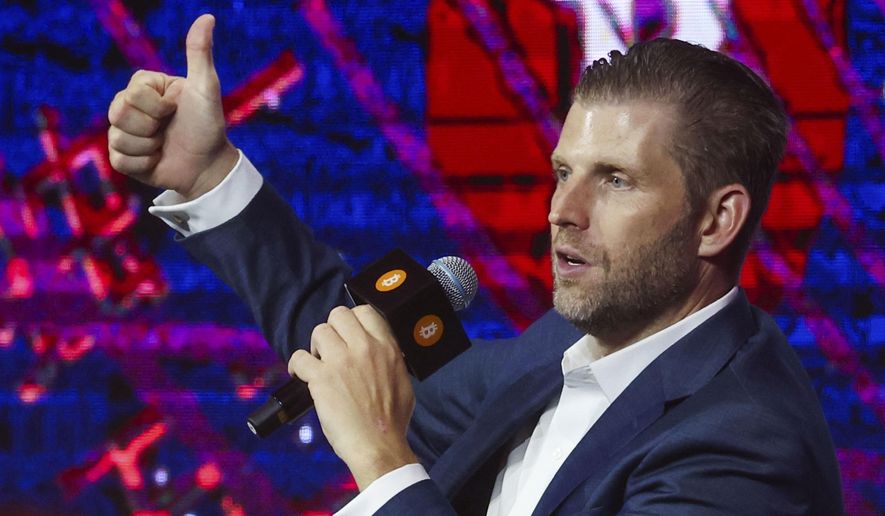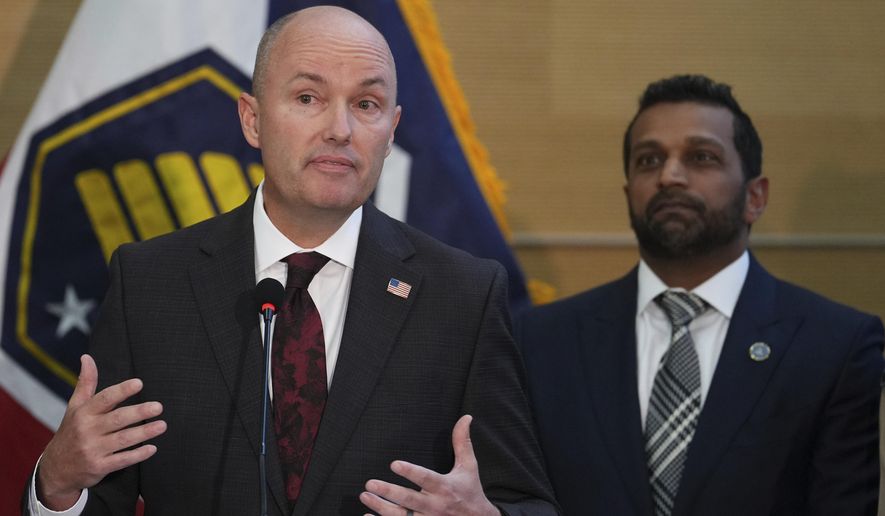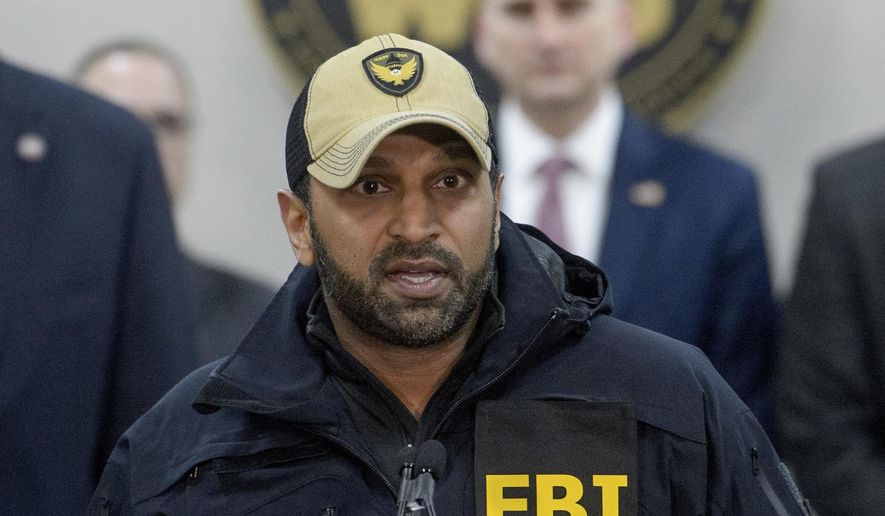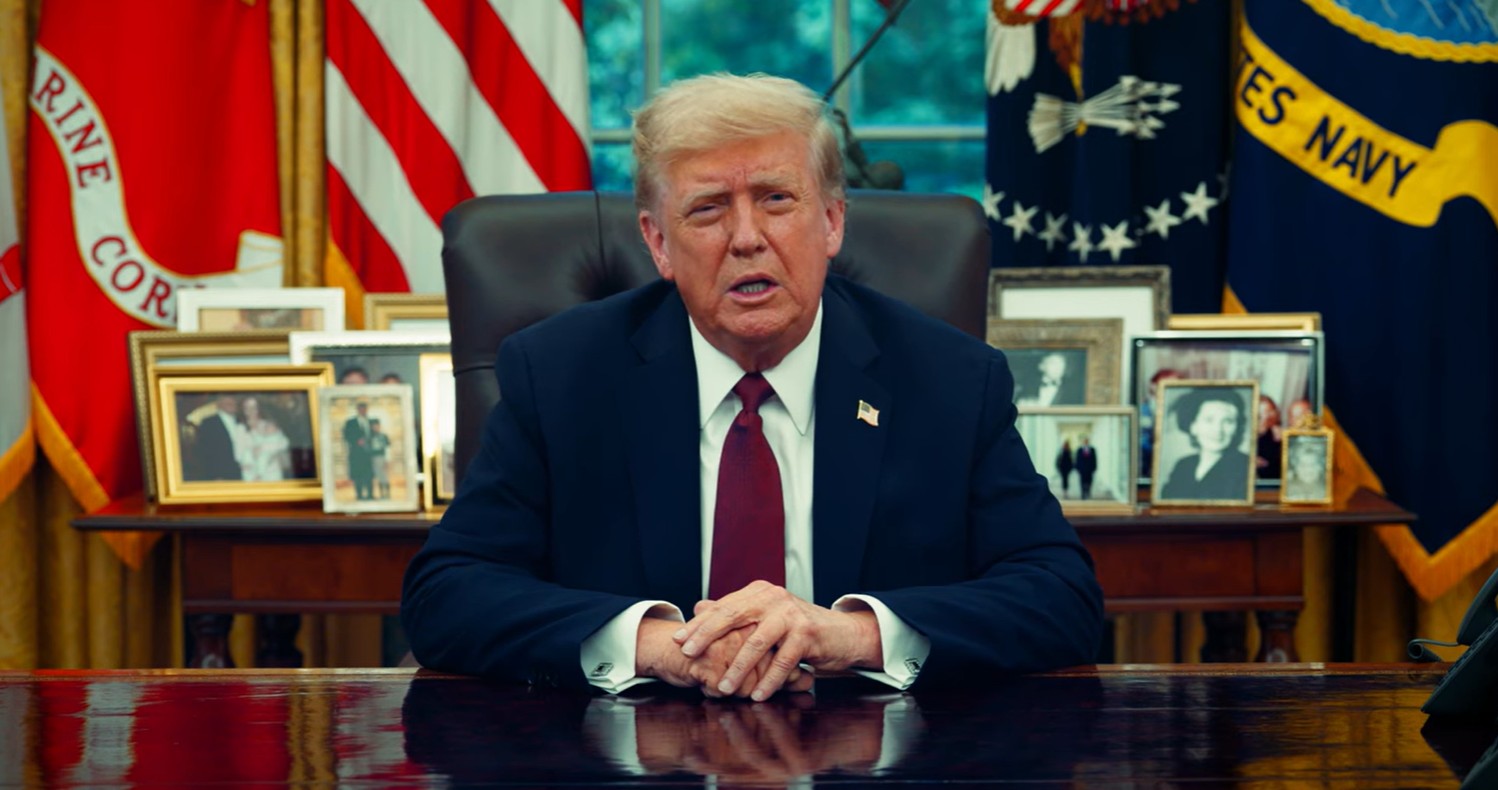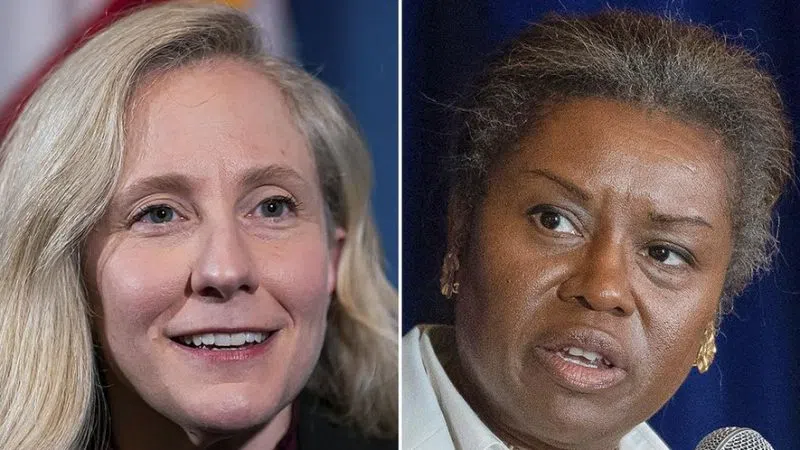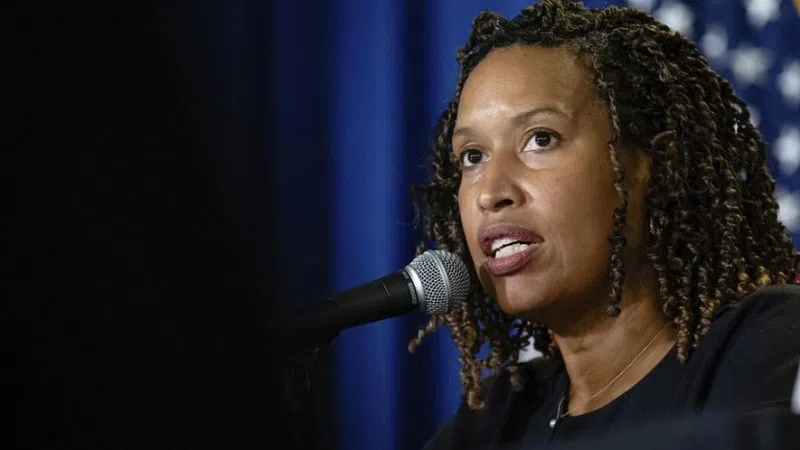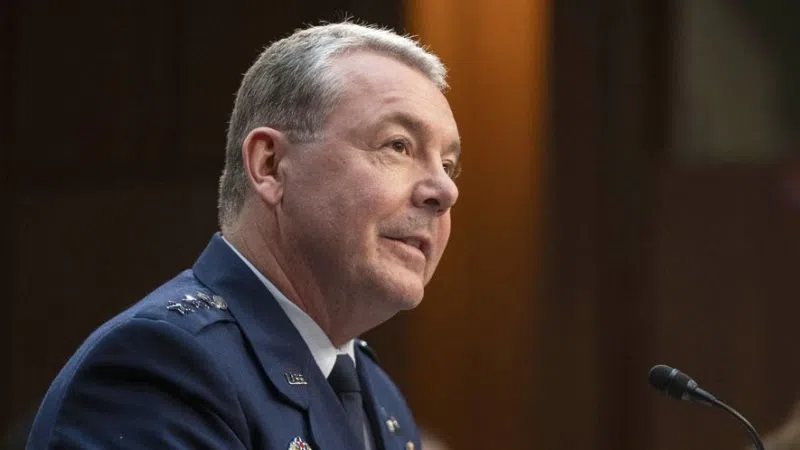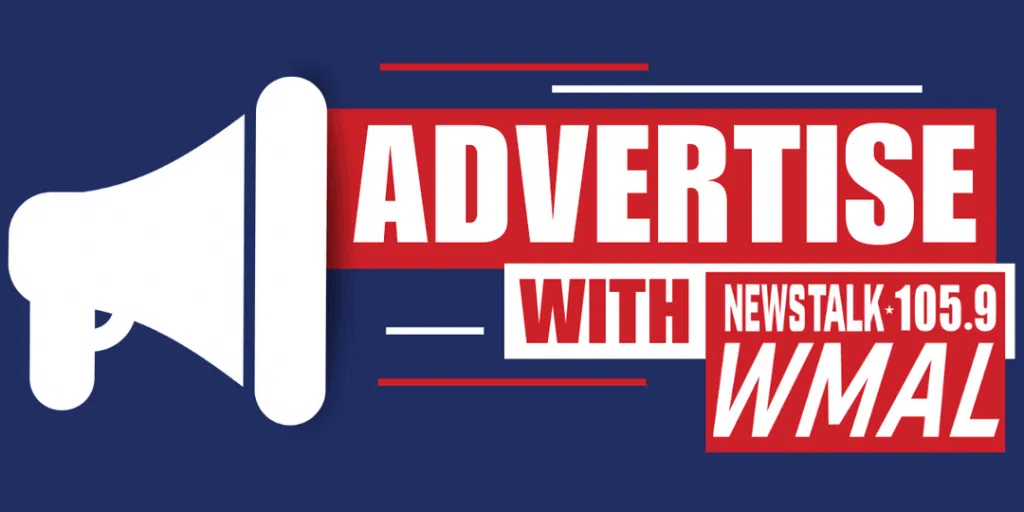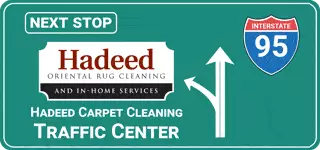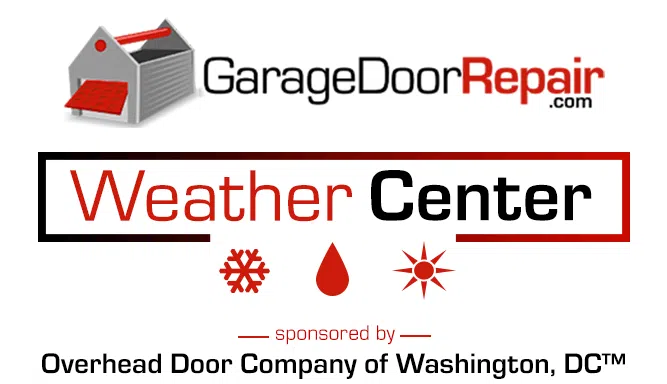Republicans in Congress are sharpening their focus on overhauling the federal 340B drug discount program, citing mounting evidence of abuse by wealthy nonprofit hospitals.
At last Tuesday’s House Ways and Means Oversight Subcommittee hearing titled “Where Tax-Exempt Hospitals Are Spending Your Tax Dollars,” lawmakers and witnesses described a program that has strayed far from its original purpose of helping hospitals serve the poor.
Committee Chair Rep. Jason Smith, R-Mo., opened the session by spotlighting hospitals that “masquerade” as rural facilities to qualify for extra Medicare and 340B benefits meant for struggling small-town providers.
Citing a “Health Affairs” study co-authored by witnesses Ge Bai and Christopher Whaley, Smith noted that “over three-quarters of the so-called duly classified hospitals are nonprofits operating in urban communities,” including large academic medical centers.
Bai warned that without congressional action, “very soon, the majority of nonprofit urban hospitals will become duly classified in order to access those rural-only perks,” calling it “more like a policy failure” that distorts markets.
Whaley added that 340B savings “are not passed along to patients,” while many hospitals “double-dip” by exploiting both urban and rural designations, diverting resources away from true safety-net hospitals.
Republicans underscored those concerns with fresh data. A new Congressional Budget Office report found the 340B program “encourages behaviors that increase federal spending and raise prices for American taxpayers.” Rep. Brett Guthrie, R-Ky., said the findings “validated my long-standing concerns” that 340B can be “abused and drive up overall health care costs.”
A Sunday Wall Street Journal editorial called 340B “a classic example of well-intended policy causing unintended harm.”
Created in 1992 to help hospitals that serve large numbers of Medicaid and low-income patients, 340B lets those facilities buy outpatient drugs at steep discounts — about 45% off list price — then bill insurers and Medicare at full rates, pocketing the difference.
The Journal detailed how spending has exploded elevenfold since 2010, now surpassing Medicaid drug outlays.
Obamacare’s Medicaid expansion swelled eligibility to some 2,700 hospitals, including affluent systems like Cleveland Clinic and New York Presbyterian. The program’s structure also incentivizes consolidation, as hospital-owned clinics and contract pharmacies — now numbering over 212,000 — share in the discounts. Doctors at 340B hospitals are likelier to prescribe high-priced drugs, inflating costs for private insurers and Medicare.
The Department of Health and Human Services has floated a pilot requiring hospitals to file claims for rebates rather than receive up-front discounts, aiming to reduce double-dipping and increase transparency.
Meanwhile, GOP lawmakers such as Reps. Buddy Carter, R-Ga., and Diana Harshbarger, R-Tenn., are advancing legislation to ensure 340B benefits reach low-income patients as intended.
With bipartisan concern over cost and fairness growing, Republicans argue that reforming 340B — rather than imposing foreign-style price controls — is a smarter way to lower drug costs and protect taxpayers.
© 2025 Newsmax. All rights reserved.


